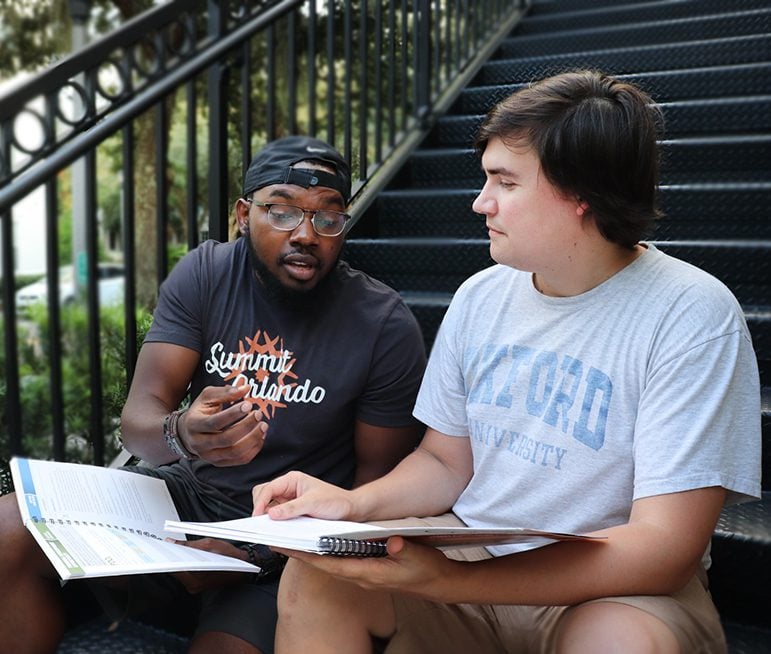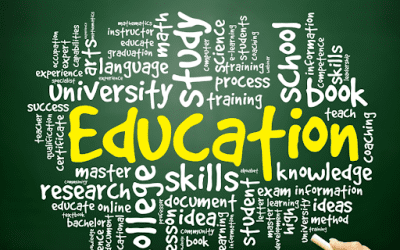For this second installment on educational equity for community college readiness, we offer additional solutions for creating student-ready schools. While community college students face unique challenges, school leaders can ensure better success with key strategies. Community college leaders can apply these additional methods for a student-ready campus.
The Challenges Community Colleges Face
Community colleges are experiencing lower enrollment and retention rates, fewer African-American male and first-generation enrollees, and more mental health challenges among their students. Correspondingly, two-year colleges are also struggling with retention rates. The pandemic increased the issues that needed to be addressed, and things are not returning to normal. Thus, leaders must adapt and learn how to deliver these needed services — even as often as every two weeks. They must be well versed in the balance between hybrid learning, virtual learning, and face-to-face learning. The leadership includes helping students to adapt to the difference. Community colleges can provide solutions to these challenges by making meaningful services, such as the following.
Redesign Student Programming to Improve Educational Equity
Therefore, community colleges can provide more options for course offerings to help improve educational equity. Many students do not have the time or money to devote two or more years to earn a degree. Therefore, leaders should redesign student programming to offer stackable credentials. They can provide micro pathways to connect to guided pathways — in essence, providing shorter pathways to credentials. Essential to this effort is working with organizations and companies within the community. Most importantly, community colleges can offer relevant coursework, on-the-job experience, and potential employment. Colleges must know what employers in the community need, provide programming to meet those needs, and get students successfully into the workforce.
Increase Educational Equity by Providing Mental Health Pedagogy Training for Faculty
Therefore, community colleges must actively address the mental health needs of students through ongoing training and support. Teachers who build genuine relationships with students see better grades and higher student retention. With proper training, faculty can provide a safety net for students and meet students where they are. They should understand that relationships matter and each student matters. In so doing, faculty can help relieve stress and remove barriers and burdens that keep students more engaged and successful.
Create a Help Hub in Partnership With the Community for Educational Equity
Most importantly, leaders should review the wrap-around services that other organizations provide and create a help hub for students. Some services include food pantries, transportation, counseling, housing, clothing, job services, and more. Community colleges will meet their students’ needs further by creating apps that make wrap-around services accessible.
Advocate for Broadband Access Equity in Education
Likewise, community college leaders should ensure that all students have access to reliable internet. This issue is regardless of whether they live in an urban or rural environment. Students cannot be successful unless they have full access to classes and study resources online.
Institute Chancellor or Dean Office Hours
Additionally, community colleges can institute or increase office hours for leaders. The virtual environment creates increased opportunities for college leaders, such as chancellors or deans, to be more accessible to students. This benefit promotes inclusivity and lets students know they are cared for from the top level down. As a result, colleges see decreased feelings of isolation in students and declining dropout rates, improving educational equity.
In summary, by implementing key student-ready strategies, community college leaders can meet the unique needs of their students. The solutions can lead to higher enrollment and higher retention, prepared students, a campus that is student-ready.





